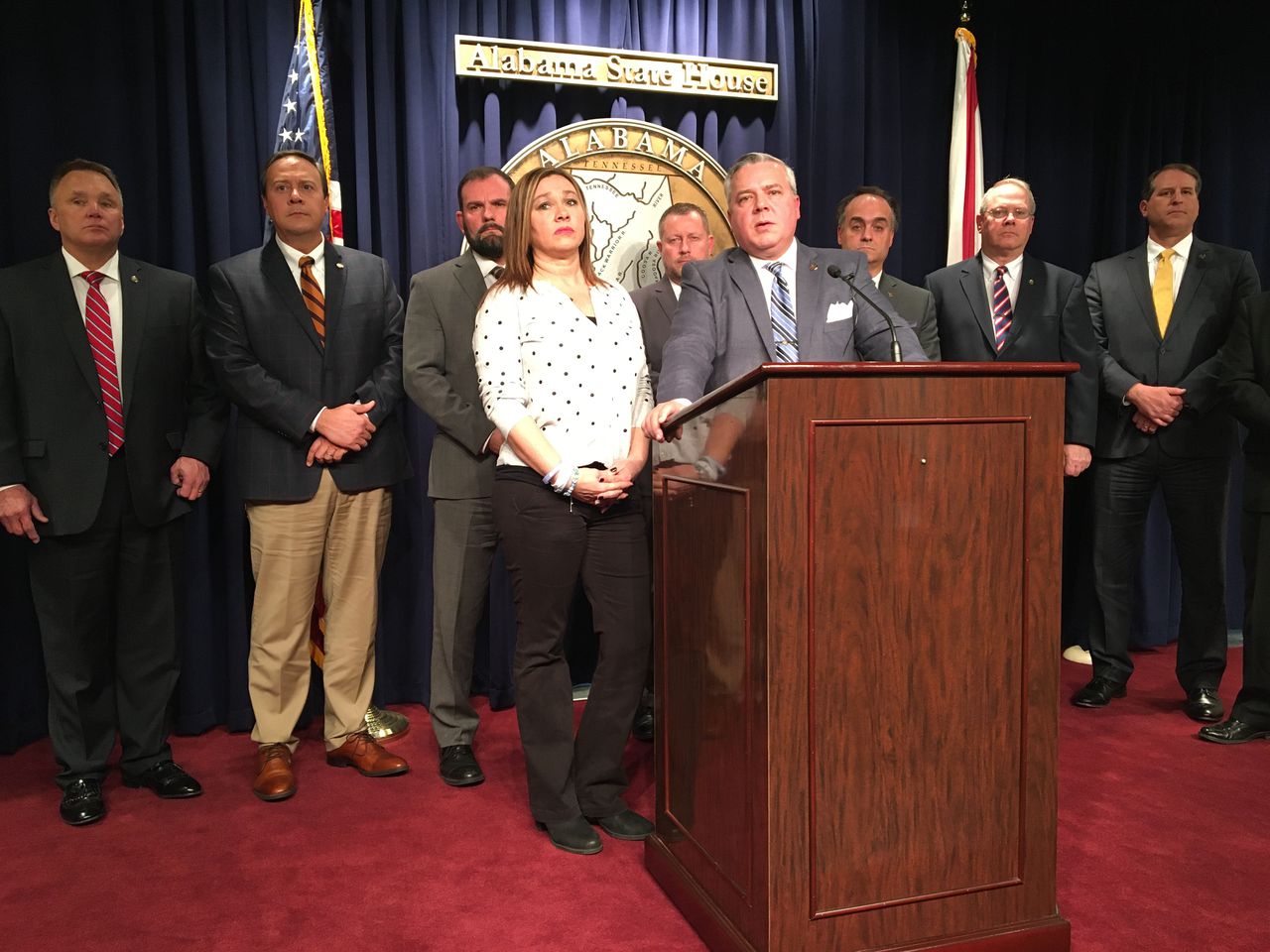Amendment 1 adds charges for which defendants can be held without bail
Alabama voters will decide on 10 statewide amendments when they go to the polls on Nov. 8.
The Alabama Legislature passed bills to put the proposals on the ballot. But voters have the final say on whether they are added to the Alabama Constitution.
Amendment 1 would change Section 16 of the constitution, which concerns the right to bail, a right also covered under the 8th Amendment to the U.S. Constitution.
Section 16 says people charged with a crime, except for capital offenses, have a right to bail, and that bail cannot be excessive. Amendment 1 would add a list of serious crimes other than capital offenses for which a defendant could be held without bail before trial.
Amendment 1 came in response to a crime that attracted statewide attention. Aniah Blanchard, a 19-year-old college student from Homewood, was abducted from a convenience store in Auburn in October 2019. A month later, authorities found Blanchard’s body in rural Macon County.
The man charged in Blanchard’s kidnapping and murder, Ibraheem Yazeed, had been released from jail on a $280,000 bond after being charged with kidnapping, robbery and attempted murder from a January 2019 incident in Montgomery.
In response, Alabama lawmakers rallied in support of what they named Aniah’s Law, sponsored by Rep. Chip Brown, R-Mobile. It passed the House and Senate without a dissenting vote. Blanchard’s mother, father, stepmother, and stepfather made appearances at the State House to speak in favor of the bill.
Amendment 1 would add murder, kidnapping in the first degree, rape in the first degree, sodomy in the first degree, sexual torture, domestic violence in the first degree, human trafficking in the first degree, burglary in the first degree, arson in the first degree, robbery in the first degree, terrorism, and aggravated abuse of a child under age 6 as charges for which a defendant could be held without bail.
Lawmakers passed a separate bill that spells out how courts would apply the new restrictions on bail. Prosecutors would request a pretrial hearing to ask the judge to hold a defendant without bail. The accused would be represented by a lawyer and could testify, call witnesses, and cross-examine witnesses. The judge would rule within 48 hours of the hearing on whether to deny bail. The bill takes effect if voters approve Amendment 1.
Alabama would not be the first state to pass such a law. According to the National Conference of State Legislatures, 22 states have approved an expanded list of offenses and circumstances for which a defendant can be held without bail.
Related: Mobile police chief: Shooting arrest of man out on bond for murder shows need for ‘Aniah’s Law’
Three years after Aniah Blanchard’s fatal abduction, father shares: ‘I will never have rest’
‘It’s hard to live without her’: Aniah Blanchard’s mother on anniversary of kidnapping, murder
Alabama voters will see 10 amendments on November ballot: What are they?
PARCA report analyzes recompiled Alabama Constitution, other proposals on Nov. 8 ballot
